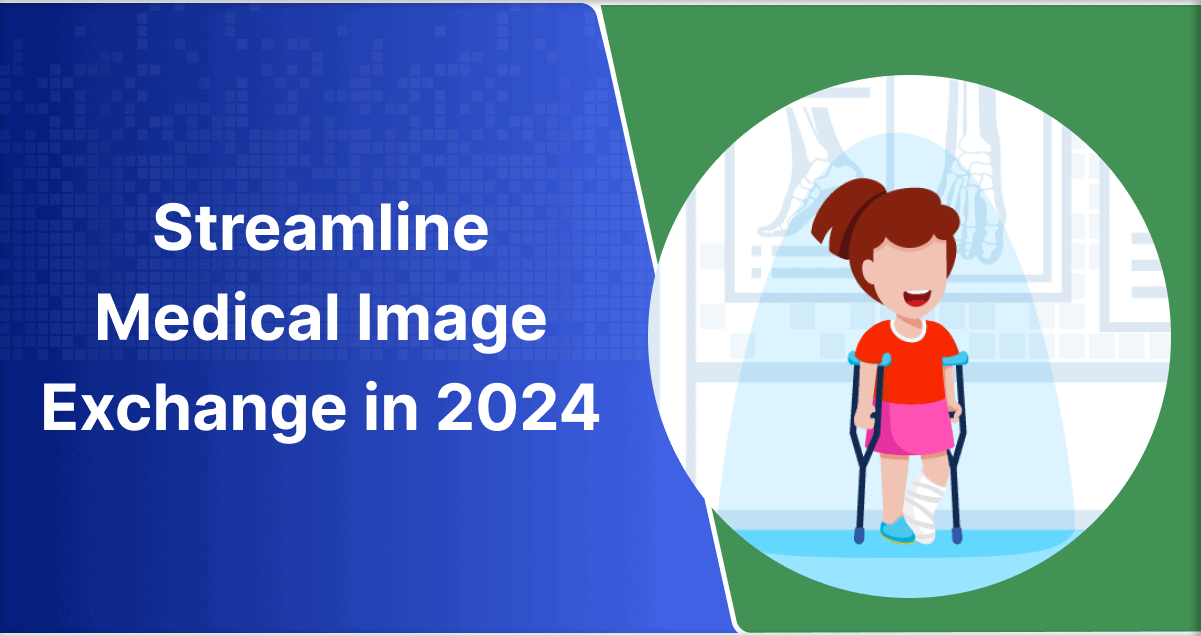
Pediatric Clinic Best Practices for Sharing Medical Records in 2024
Pediatric clinics handle very sensitive information that requires careful handling, and release of information software can help.

Pediatric clinics handle very sensitive information that requires careful handling, and release of information software can help.

Orthopedics and sports medicine often receive high volumes of records requests, and modern ROI solutions can help your team keep up.

Medical image exchange has had an interesting history, and release of information software has yet again revolutionized the process.

CDs have a long history of use in healthcare, but orthopedic centers are upgrading to better digital options for sharing imaging records.

Specialists in medical imaging have long struggled with releasing imaging records, but release of information solutions can make it easier.

It can be a challenge sending an accurate bill for medical images, but a release of information software solution can help.

Using a medical image sharing platform can ease common challenges of sharing imaging records and expedite the release of information.

Getting physical therapy records after a car accident can be crucial for improving care coordination and outcomes.

Digital Medical Imaging beats the traditional methods of creating imaging records in several crucial ways.

Orthopedic injuries can be debilitating, so when should you be requesting physical therapy medical and imaging records?

Most forms of physical therapy have a high volume of incoming records requests, and these 6 types get an especially large amount.

Converting DICOM images to a PDF format is an important step in improving the accessibility of medical images.

Founded in 2012 in Atlanta, GA, ChartRequest is a healthcare information technology and services company that specializes in electronic medical record fulfillment, outsourced medical record fulfillment, and referral management solutions.